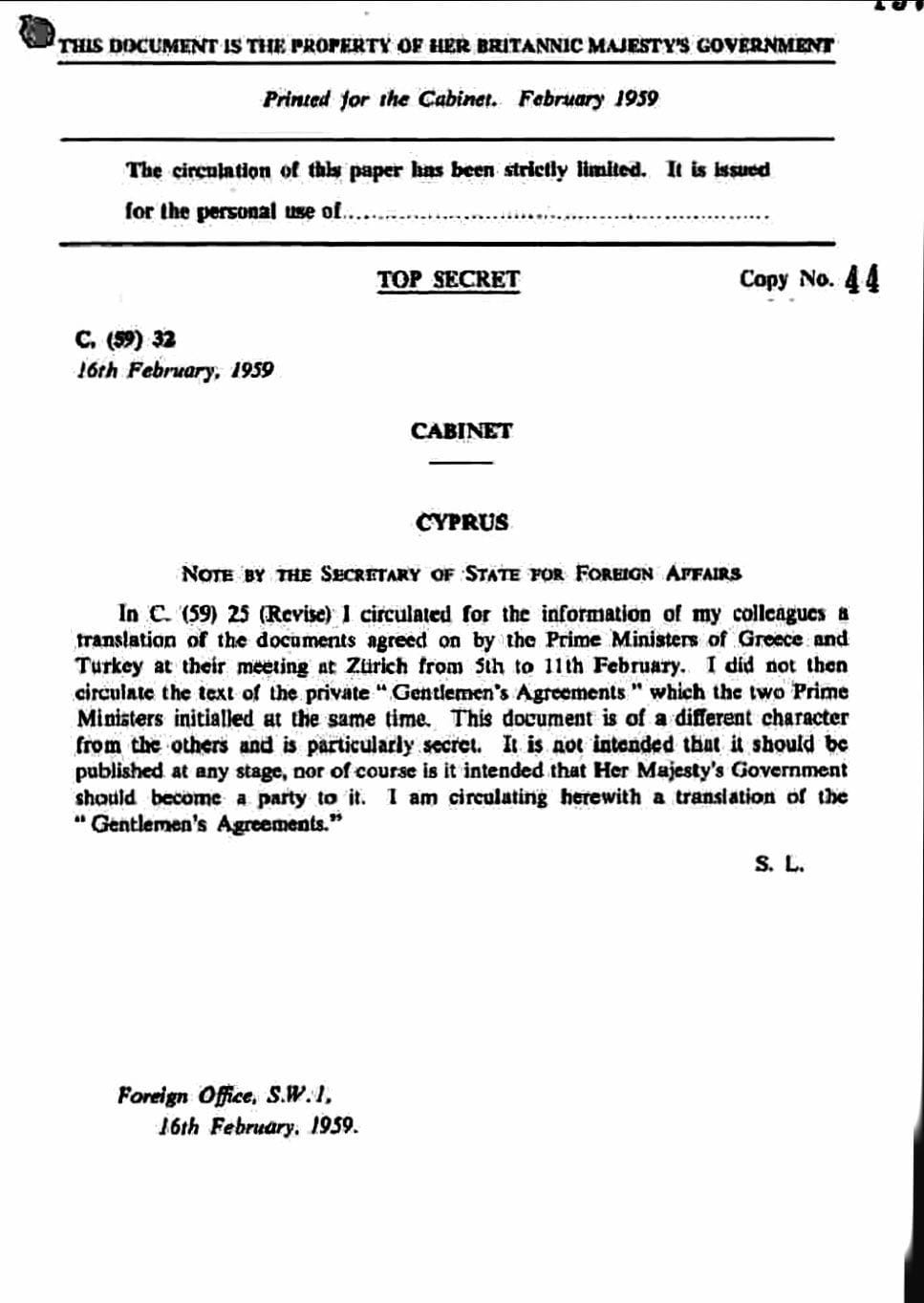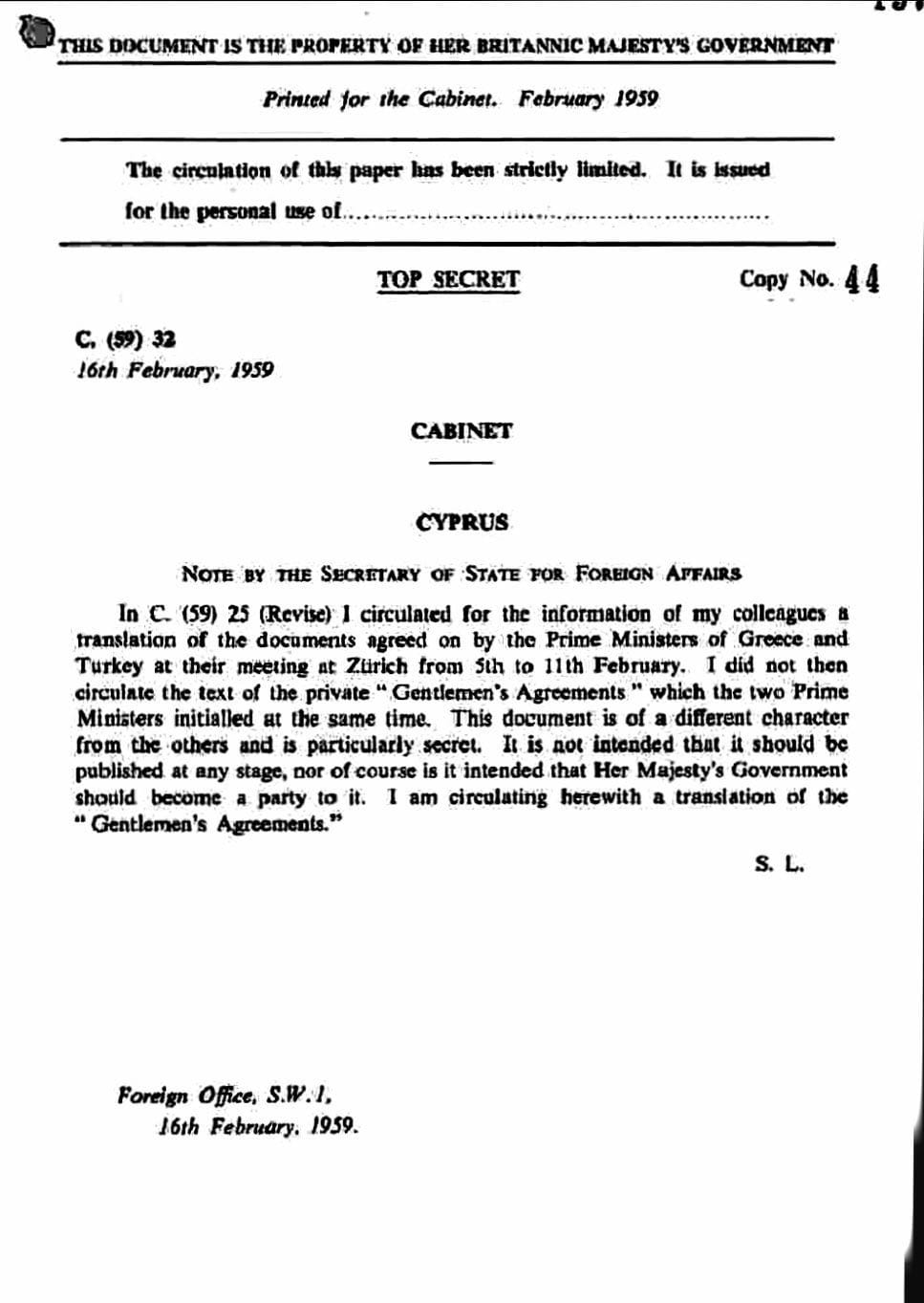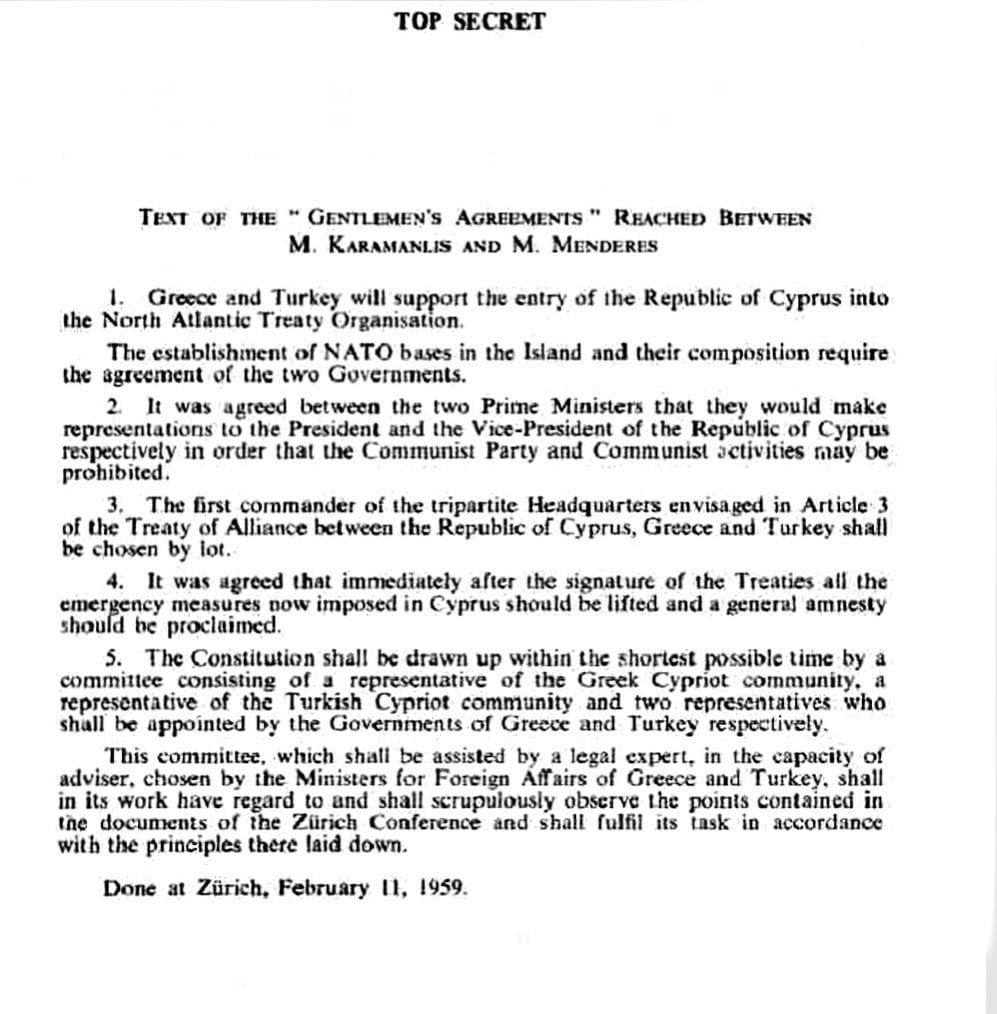Cyprus Eyes NATO Membership: Revisiting 1959 Zurich Pact
Cyprus announces its plan to join NATO, marking a pivotal shift in Mediterranean geopolitics. Building on the legacy of the 1959 Zurich "Gentlemen's Agreements," this move aims to bolster defense capabilities, deepen Western alliances, and redefine regional security dynamics.

Cyprus Sets Its Sights on NATO Membership: A Geopolitical Pivot in the Mediterranean
In a historic move, Cyprus has announced its intention to join NATO, signaling a significant shift in its geopolitical strategy. This development has garnered international attention, as it could redefine security dynamics in the Eastern Mediterranean and strengthen NATO’s position in the region.
Cyprus, Why NATO, Why Now?
Cyprus’s decision stems from a combination of strategic imperatives and evolving geopolitical realities. As a small island nation with a complex history of political and security challenges, Cyprus views NATO membership as an opportunity to bolster its defense capabilities, secure formal security guarantees, and deepen its integration into Western political and military structures.
President Nikos Christodoulides presented a comprehensive plan for Cyprus’s NATO accession during his recent discussions with U.S. President Joe Biden at the White House. The plan, characterized by its multi-phased and pragmatic approach, was met with a positive response in Washington, with National Security Advisor Jake Sullivan describing it as a “win for the people of Cyprus.”

A Historical Context: The 1959 Zurich "Gentlemen's Agreements"
Cyprus's current aspirations to join NATO are deeply rooted in its historical alignment with Western security frameworks. A lesser-known yet pivotal historical reference is the "Gentlemen's Agreements" reached during the 1959 Zurich Conference. These top-secret understandings, brokered between the Prime Ministers of Greece and Turkey, highlight NATO’s long-standing strategic interest in Cyprus.
The agreements explicitly stated that Greece and Turkey would support the Republic of Cyprus’s entry into NATO and that the establishment of NATO bases on the island would require their mutual consent. Although these agreements were never intended for public disclosure or direct implementation, they underscore Cyprus’s historical role as a potential NATO outpost during the Cold War.

The 1959 Zurich Conference 'Gentlement Agreement' elaborating on Cyprus Nato Admission. Source: X
Furthermore, the "Gentlemen's Agreements" sought to prohibit communist activities in Cyprus, reflecting NATO’s Cold War priorities. This aligns with the current NATO accession plan, as Cyprus positions itself as a bulwark against modern security threats, including hybrid warfare and authoritarian expansionism.

The 1959 Zurich Conference 'Gentlement Agreement' elaborating on Cyprus Nato Admission. Source: X
Overcoming Historical and Political Hurdles
Cyprus’s pursuit of NATO membership is not without challenges. The ongoing division of the island and its complex relationship with Turkey—a key NATO member—pose significant obstacles. Any progress will likely require careful negotiation and a broader resolution of the Cyprus conflict. Furthermore, improving EU-Turkey relations may play a pivotal role in facilitating this transition.
In his discussions, President Christodoulides outlined three key conditions for NATO membership:
- Lifting the U.S. Arms Embargo: Cyprus seeks a long-term lifting of the arms embargo to allow for consistent procurement of advanced defense equipment from the United States.
- Enhanced Military Training: The Cypriot National Guard aims to deepen its partnership with U.S. military academies, fostering a higher level of interoperability with NATO forces.
- Defense Modernization: A significant overhaul of Cyprus’s military capabilities to align with NATO standards, including infrastructure upgrades and the provision of advanced defense technologies.
U.S. Support and Strategic Interest
The United States has shown strong support for Cyprus’s NATO aspirations. Recent meetings between Cypriot officials and U.S. congressional leaders emphasized Cyprus’s strategic importance in the region. The U.S. has already expressed interest in expanding military cooperation, with discussions surrounding potential upgrades to facilities such as the Andreas Papandreou Air Base in Paphos to accommodate a permanent U.S. military presence.
Air Command of Cyprus: Διοίκηση Αεροπορίας Κύπρου | Kıbrıs Hava Komutanlığı
Air Command of Cyprus, also known as Διοίκηση Αεροπορίας Κύπρου in Greek and Kıbrıs Hava Komutanlığı in Turkish, was founded in 1964 and operates as part of the Cypriot National Guard. It is responsible for aerial warfare and serves as the air force branch of Cyprus. The command consists of 1,200 personnel and is equipped with 20 helicopters, 2 fixed-wing aircraft, and 4 unmanned aerial vehicles (UAVs). Additionally, there are 4 helicopters and 4 UAVs currently on order to enhance its capabilities. The current commander is Brigadier General Christou Christos.
Additionally, Cyprus’s alignment with the U.S.-backed trilateral partnership involving Israel and Greece underscores its role as a key player in regional stability.
A New Era for the Eastern Mediterranean
The timing of Cyprus’s NATO bid coincides with Sweden’s recent accession as NATO’s 32nd member, illustrating the alliance’s expanding influence. Cyprus’s membership would further consolidate NATO’s presence in the Mediterranean, enhancing collective security and addressing emerging threats such as energy security and maritime challenges.
This development also aligns with Cyprus’s broader geopolitical pivot, as it seeks to position itself as a reliable partner to the West amid shifting global power dynamics.
The Historical Continuum
Cyprus’s NATO bid is a continuation of its historical engagement with Western security alliances. The "Gentlemen's Agreements" of 1959 offer a glimpse into how Cyprus has long been viewed as a pivotal player in regional geopolitics. The strategic considerations outlined in those agreements remain relevant, as NATO and its allies recognize Cyprus’s critical location at the crossroads of Europe, Asia, and the Middle East.
This historical reference enriches the narrative of Cyprus’s NATO aspirations, highlighting the enduring importance of the island in the alliance’s strategic framework. It also serves as a reminder of the delicate balance required to navigate historical alliances, regional tensions, and global power dynamics.
Related Articles on NATO:






